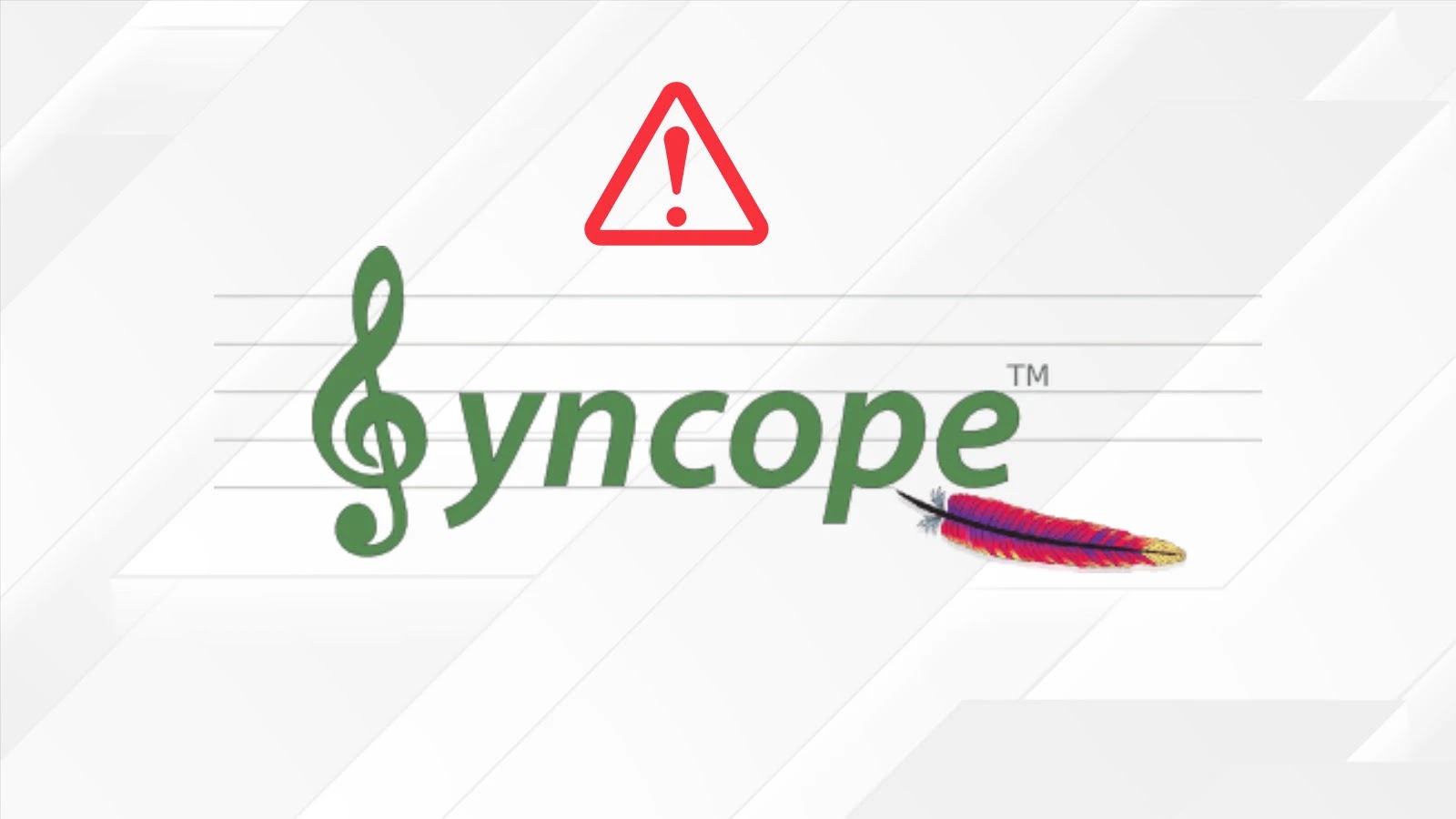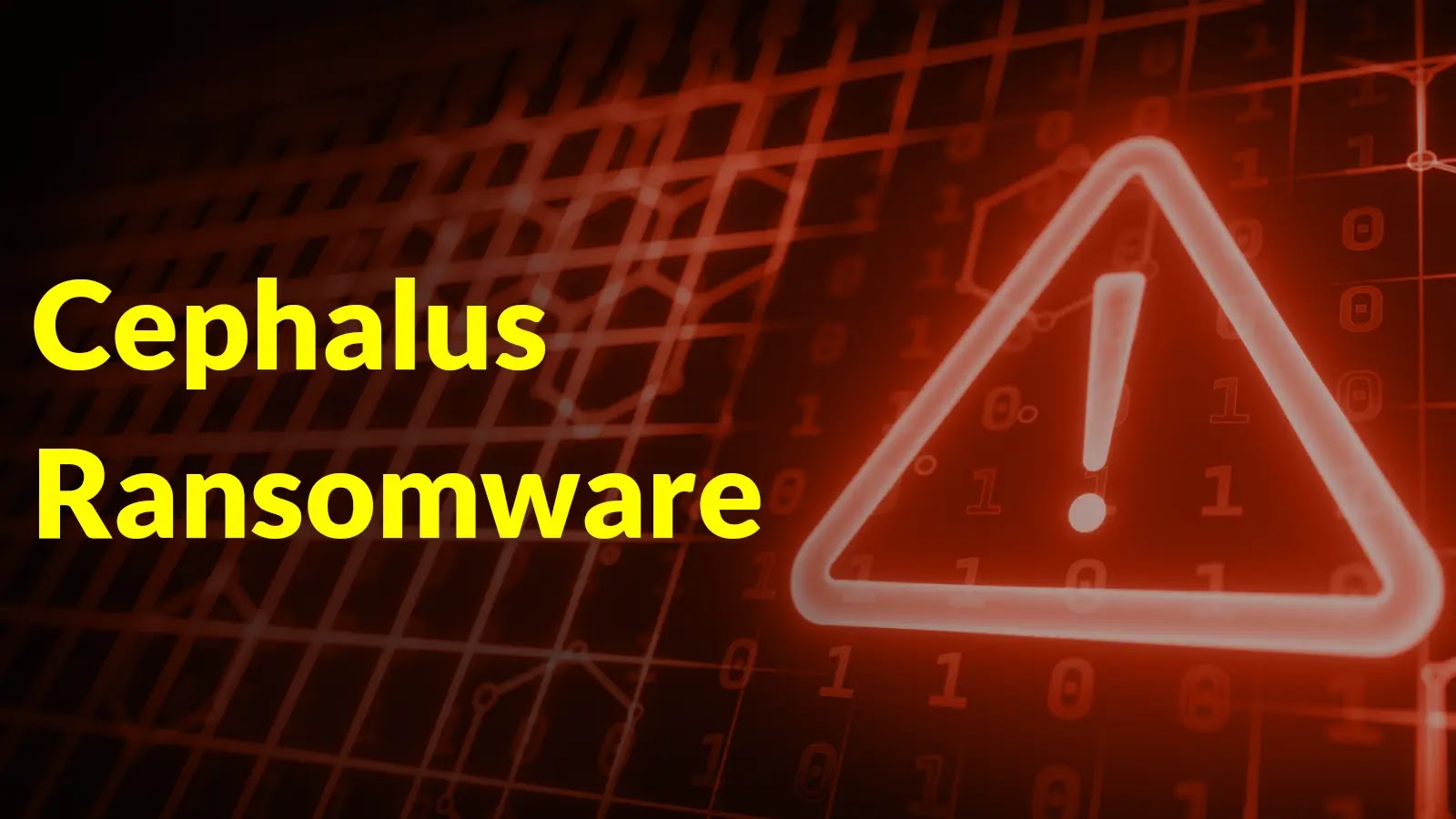Apache Syncope, a widely utilized open-source identity management system, has been identified as vulnerable to a critical remote code execution (RCE) flaw through its Groovy scripting feature. This vulnerability, cataloged as CVE-2025-57738, affects versions preceding 3.0.14 and 4.0.2, allowing administrators to upload and execute malicious Groovy code with the full privileges of the Syncope Core process.
Discovery and Root Cause
Security researcher Mike Cole from Mantel Group uncovered this vulnerability, attributing it to the absence of a sandbox environment for Groovy implementations within Syncope. This oversight permits attackers to execute arbitrary code, potentially compromising entire systems.
Syncope’s architecture enables users to extend its core functionality through custom Java interfaces, which can be implemented using either Java classes or Groovy scripts. The latter offers the advantage of hot-reloading at runtime. However, in the affected versions, the GroovyClassLoader compiles and executes these scripts without restrictions, exposing critical APIs such as Runtime.exec and ProcessBuilder to untrusted input.
Exploitation Mechanism
The design flaw allows delegated administrators with access to the Implementations and Reports APIs to inject code capable of performing arbitrary operations on the server. For instance, an attacker can create a Groovy implementation of type REPORT_DELEGATE, associate it with a report, and trigger its execution via REST endpoints like POST /syncope/rest/reports/{key}/execute. This process runs the code under the Syncope service account, which often possesses elevated privileges in enterprise environments.
Reproducing the exploit involves simple HTTP requests using basic authentication, such as uploading a script that creates a marker file in /tmp to confirm execution. While the vulnerability requires administrative entitlements, it does not necessitate pre-authentication, posing a significant risk from insiders or compromised accounts.
Potential Impact
The vulnerability’s impact extends across various execution surfaces, including reports, tasks, and connectors, thereby broadening the application’s attack vectors. In environments with insufficient hardening, attackers could exploit this flaw to access environment variables containing sensitive information, write files, or pivot to container hosts.
According to the MITRE ATT&CK framework, this vulnerability aligns with tactics such as Valid Accounts (T1078) and Command and Scripting Interpreter (T1059), facilitating persistence and evasion strategies for attackers.
Mitigation Measures
In response to this critical issue, Apache has released patches in versions 3.0.14 and 4.0.2, introducing a Groovy sandbox that restricts hazardous operations through classloading limitations and policy enforcement. Users are strongly advised to upgrade to these versions immediately, as binary patches are not provided. Rebuilding from the source may be necessary for some deployments.
To verify the effectiveness of the fix, administrators can attempt the previously outlined exploitation steps; successful mitigation should result in sandbox violations being logged as errors without executing the malicious code.
For interim protection on vulnerable versions, it is recommended to disable Groovy engines and prefer vetted Java implementations through continuous integration and continuous deployment (CI/CD) pipelines.
Conclusion
The discovery of this RCE vulnerability in Apache Syncope underscores the critical importance of implementing robust security measures, such as sandboxing, when integrating scripting capabilities into applications. Organizations utilizing affected versions should prioritize upgrading to the patched releases to safeguard their systems against potential exploitation.



